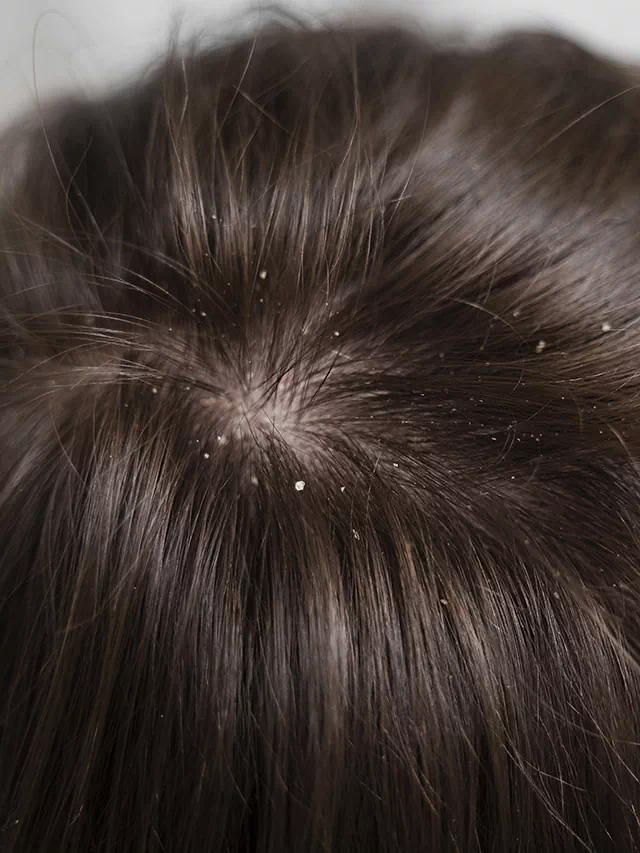Scratching can break the skin and make it more susceptible to infection. This can cause an overproduction of oil, leading to even more dandruff. The best way to manage dandruff is to avoid scratching and use a gentle, anti-dandruff shampoo.
Scratching dandruff can also worsen the appearance of dandruff by spreading the flakes from the scalp to the hair and clothing. This can lead to embarrassment and decreased confidence. If the scratching is severe, it can cause sores and open wounds on the scalp, making the problem even more difficult to treat.
The best way to address dandruff is to find the underlying cause, such as dry skin, a fungal infection, or a skin condition, and treat it appropriately with the help of a doctor or dermatologist. Avoiding scratching and using a gentle, anti-dandruff shampoo can also help to manage the symptoms.In addition, continued scratching can also disrupt the natural balance of the scalp, causing an overgrowth of yeast. Yeast is a common cause of dandruff, and an overgrowth can lead to even more flaking and itching.
Using hot tools like hair dryers, straighteners and curlers on a daily basis can also make dandruff worse, as they can dry out the scalp and cause more flaking. It is important to maintain a healthy scalp by keeping it hydrated and nourished, which can help to prevent and manage dandruff. Regular use of moisturizing treatments and deep conditioning can help to soothe the scalp and prevent further irritation. Drinking plenty of water and eating a healthy, balanced diet can also help to promote overall scalp health.
In addition, it’s important to avoid using harsh and abrasive hair products that can strip the scalp of its natural oils and cause further dryness and irritation. Using a gentle, sulfate-free shampoo can help to soothe the scalp and prevent further flaking.
It is also recommended to avoid using styling products that contain alcohol, which can dry out the scalp and exacerbate dandruff. Maintaining good hair hygiene, such as avoiding sharing combs, brushes, and hats, can also help to prevent the spread of dandruff. If the dandruff is severe and does not improve with over-the-counter treatments, it is recommended to see a doctor or dermatologist for further evaluation and potential prescription treatment.
In some cases, dandruff can be caused by an underlying medical condition, such as psoriasis, seborrheic dermatitis, or eczema. It is important to have a proper diagnosis to determine the cause of the dandruff, as different causes may require different treatments. In addition to topical treatments, a doctor may prescribe medication such as antibiotics, antifungals, or corticosteroids to manage the condition. It is important to follow the treatment plan recommended by a doctor and to continue to use gentle hair care products to maintain a healthy scalp. Regular visits to a doctor or dermatologist can also help to monitor the condition and make adjustments to the treatment plan as needed. It is also important to avoid self-diagnosing and self-treating, as this can make the condition worse or lead to mismanagement.
In some cases, dietary changes may also help to improve dandruff. Increasing the intake of essential fatty acids, vitamins, and minerals can help to maintain a healthy scalp. Foods that are rich in vitamins and minerals such as vitamin B, vitamin D, and iron can also help to prevent dandruff. It’s also important to stay hydrated and drink plenty of water.
Some people may find that certain foods or drinks trigger their dandruff symptoms, so it may be helpful to keep a food diary to identify any potential triggers. Additionally, reducing stress levels can also help to improve dandruff as stress has been linked to an increased likelihood of developing skin conditions, including dandruff. Relaxation techniques such as yoga, meditation, and deep breathing can help to reduce stress levels and improve overall health and well-being.


